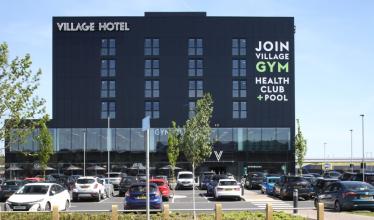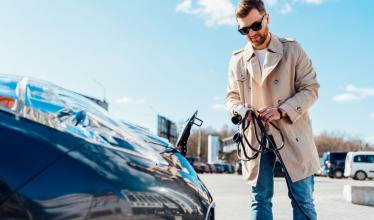Installation of smart charge points as part of the Electric Nation trial has begun for those who have signed up to the home charging project.
The information gathered from Electric Nation participants will help future-proof the UK’s electricity networks from increased demand that is and will be placed on them because of rising sales of electric cars.
Thanks to greater ranges becoming available, more models coming to market, and greater public consciousness of the benefits of EVs, there is the possibility of too great a strain being placed on electricity networks.
Because of research carried out from the My Electric Avenue project, it has been found that there is enough capacity in the national grid to deliver power to plug-in vehicles. However, if clusters of EVs develop in local areas and they are charged at the same time, some networks will need to be reinforced to cope with demand.
The idea is that neighbourhoods could quickly obtain a number of EVs, and then all look to charge them overnight, a situation which will put too great a strain on the grid in certain locations and circumstances.
For those who sign up – with 500-700 participants sought in total – they will get a free smart charger subject to conditions. This unit will send data back to the project’s operators so that they can monitor demand on the local electric networks.
Run by Western Power Distribution, those in the company’s catchment area – the Midlands, South West, can sign up. The trial is also funded and operated by the Network Innovation Allowance, EA Technology, DriveElectric, Lucy Electric GridKey and TRL.
One of the first Electric Nation participants, Clive Harding, who lives near Worcester, has now had a smart charger installed for his Nissan Leaf. Clive says: “I now have a smart charger fitted that is faster than a standard charger, and every time I charge my car the data will help to ensure that the UK’s local electricity networks can cope with the predicted increase in the number of electric vehicles.”
Mark Dale, Innovation and Low Carbon Networks Engineer, Western Power Distribution, added: “Historically the automotive sector and the energy sector have not worked together. However that needs to change due to the increased demand on local electricity networks from electric vehicles.
“The Electric Nation project shows that Western Power Distribution is taking the issue of the impact of EVs on electricity networks seriously, by trialling a solution to potential capacity challenges in the form of smart charging and demand control.”



